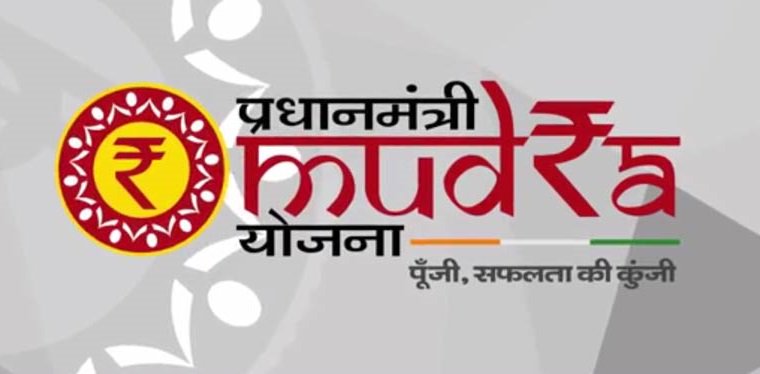

By Sunil Garodia
The sharp rise in defaults in the Prime Minister Mudra Yojana loans once again shows that it is not prudent to stress the banks by making them lend to people by relaxing or ignoring banking norms due to government schemes. The already groaning Indian banking system will now be under more stress as most of these loans are not likely to be recovered as they are collateral-free. The RBI Deputy Governor M K Jain, while expressing concern at the rising bad loans under the Mudra scheme, said that "while such a massive push would have lifted many beneficiaries out of poverty, there have been some concerns at the growing level of non-performing assets (NPAs) among these borrowers."
Under the above scheme, loans were handed out to three categories of entrepreneurs or would-be entrepreneurs, to make them self-sufficient and generate jobs. Under the Sishu category, startups were provided seed capital of up to Rs 50000, while funding of Rs 50000 to Rs 5 lakhs was provided under the Kishore category to those who had a successful record of running a business for some time. Lastly, under the Tarun category, established businesses were provided loans ranging from Rs 5 lakhs to Rs 10 lakhs.
There was negligible default till the end of 2018-19. Only 2% of the Rs 8,93,000 sanctioned under the scheme till then were reported bad. But in the next six months, there was a huge spurt in these loans turning bad. While the Sishu category reported the lowest default surge, the Kishore category witnessed more than 107% jump in bad loans in the six months ended September 2019. The Tarun category also saw bad loans jump by 71% during this period.
While the slowdown in the economy could have been the major factor in these loans turning bad, one cannot discount willful default on the part of borrowers whose credit appraisals were done in a poor manner by banks. The banks also stand guilty of cavalier monitoring of such loans. The banks are in a disadvantaged position as these loans were not against any collateral and were lent at concessional rates of interest.
All governments must think twice before announcing such schemes that put an additional burden on the banking system. With governments held back by the FRBMA Act and not able to expand fiscal deficit, using banks to finance their pro-poor schemes is the only option. But sooner or later it will either lead to the collapse of the banking system or the money put in to recapitalize these banks would expand the fiscal deficit. Then why not expand the deficit instead of stressing the banks? Only, it has to be done in a way that does not reduce the funds available to private borrowers or results in inflation. That, again, is easier said than done.











